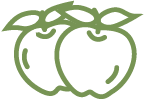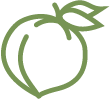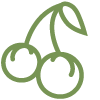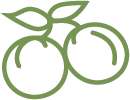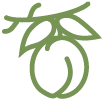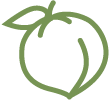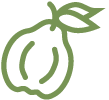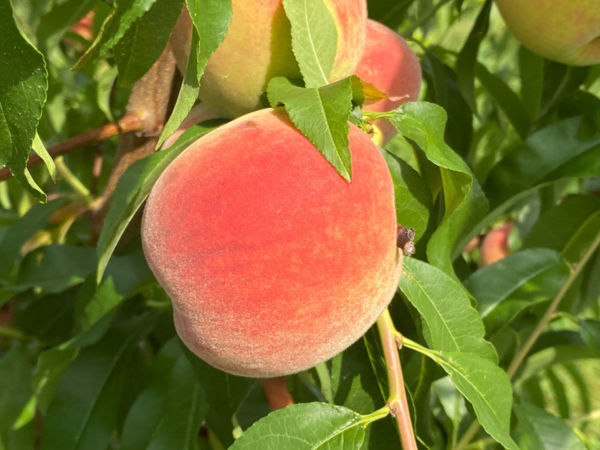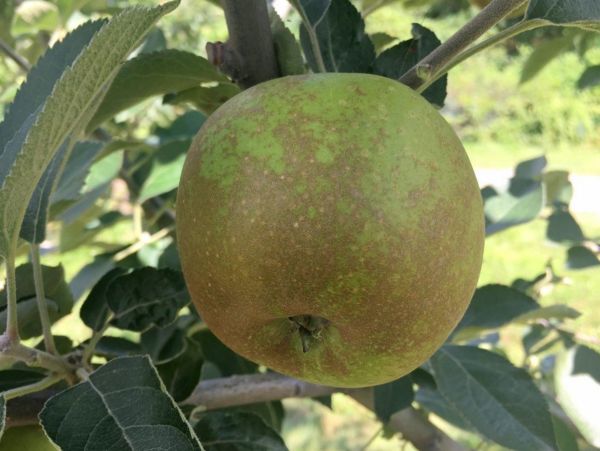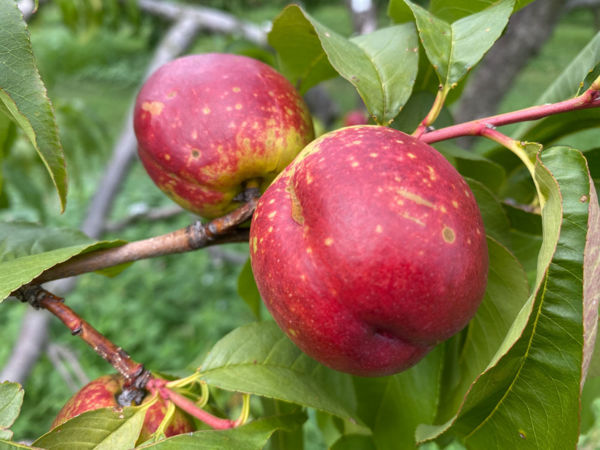An attractive, highly disease-resistant apple, ideal for organic growers.
Wagener Apple Scionwood (Spring 2024)
An excellent all-purpose American heirloom apple. Also known as Wagener Price Apple, Wagoner.
This tree is hardy and productive. Naturally a semi-dwarf with a narrow upright habit, it will need thinning to maintain annual bearing and for optimal fruit size. Wagener is scab resistant, but it is highly susceptible to fireblight (second only to Spitzenburg).
Wagener is a medium-sized apple, irregular and prominently ribbed. The skin is flushed red-orange over yellow with russeting around the stem, and the flesh is snow white, crisp, and fine grained. This apple receives very high ratings from tasters, who describe it as vinous, sprightly, and spicy, with flavors of anise and melon. It is also well regarded for its versatility, as Wagener will store well–without shriveling–through winter and makes excellent cider, sauce, juice, and pie.
A Mr. George Wheeler brought with him a bag of apple seeds when in 1791 he moved from Duchess County, NY to the area that would become known as Penn Yan, and he planted his seeds on his new land. In 1796 the tract of land on which the first Wagener tree now grew (it had since been transplanted locally) was purchased by David Wagener, whose son Abram is generally considered to be the founder of the township of Penn Yan. Interestingly, David Wagener had come to Penn Yan from Montgomery County, Pennsylvania following after Jemima Wilkinson, a religious leader known as the Public Universal Friend, or P.U.F., who went to the Penn Yan area in 1790 to establish her religious community that was based on principles very similar to those of the Quakers.
By 1847, the fame of the Wagener apple had spread to England, where it earned praise from the early apple writer Edward Bunyard. Wagener is a parent of Idared, and it is speculated to be a parent of Northern Spy, but this is quite uncertain.
Volume Pricing
| Quantity | Wagener Apple Scion |
|---|---|
| 1 | $12.00 |
| 2-5 | $7.00 |
| 6-10 | $6.00 |
| 11-99 | $5.00 |
| 100+ | $4.00 |
The Fruit
Fruit Type
Category: Apple
Subcategory:
Heirloom, Cold-Hardy, Hot-Climate
Fruit Uses & Storage
Uses: fresh eating, cider, baking, storage, sauce
Storage duration: three plus months (approximate, depending on storage conditions)
Fruit Appearance
Skin color: red
Flesh color: white
Fruit Origins
Parentage: unknown
Origin: Duchess County, New York
Introduced in: 1971
Introduced by: George wheeler
The Environment
Calendar & Geography
USDA zones: 4 - 8
Chill hours: Not yet determined
Ripening date: Oct 13 (approximate, in New York State) + 28 days after McIntosh
Diseases & Pests
glossary
Fireblight: Very Susceptible
Pollination
Pollination Factors
glossary
Bloom group: 2
Is it self-fertile? N
Is it fertile? Y
Ploidy: Diploid
Pollination Partners
This table shows the first few results from a full search for pollenizers of Wagener Apple. Please see our Pollenizer Search to run other queries and read how the application uses various factors. Also read more about fruit tree pollination.
| Tree | Currently in Stock |
|---|---|
| Florina Apple | 0 |
| Porter's Perfection Apple | 0 |
| Spitzenburg Esopus Apple | 0 |
| Binet Rouge Apple | 0 |
| Rubinette Apple | 0 |
| Virginia Crab Apple | 0 |
| Bramtot Apple | 0 |
| Mother Apple | 0 |
| Muscadet De Dieppe Apple | 0 |
| Kingston Black Apple | 0 |
| Melrose Apple | 0 |
See all pollination matches for Wagener Apple
Featured Products
A few things we're loving right now...
A full-flavored, freestone white peach.
One of America's oldest apples, good for storage, baking, and cider.
A widely-grown, large, yellow-fleshed nectarine.

